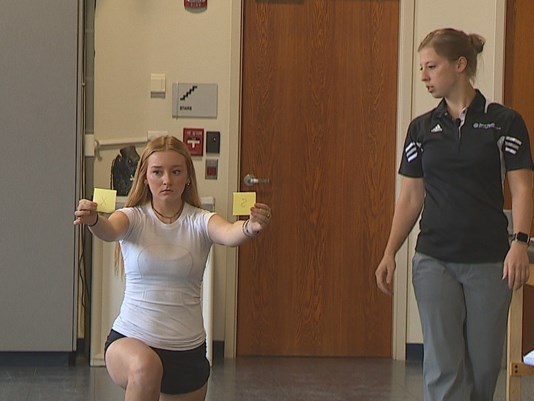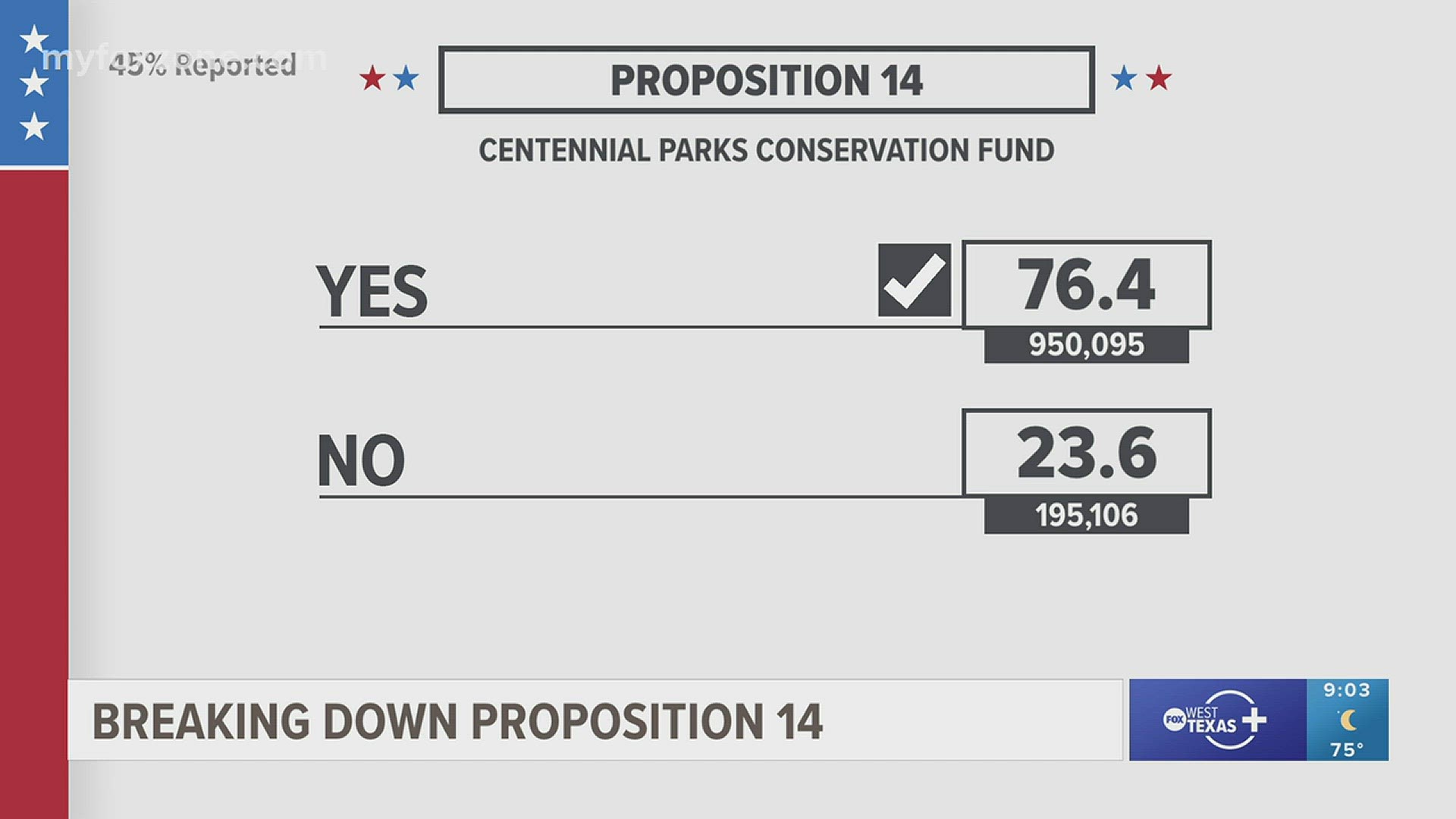By Sonia Azad, WFAA
FORT WORTH, TX -- Ashlyn Golden is a dedicated high school cheerleader.
"I'm a base," Golden said. "So I actually hold the girls."
But her time on the team hasn't been free of drama.
"A girl behind me fell, and she kind of hit me in the back of the head and I fell over," Golden recalled, of an incident in May. "And it happened probably two or three more times after that in the same day."

By the end of this school year, Ashlyn had experienced her third concussion.
"My hearing started getting fuzzy and I got a big pounding headache," she said.
Her mother, Jennifer Murray, noted her daughter's distinct problems: vision problems, hearing problems, nausea, and dizziness.
Murray said Ashlyn's grades dropped and she was having trouble concentrating and remembering things. Her once pristinely-clean car was now a mess on the inside.

So, Murray took her daughter to the Ben Hogan Concussion Center in Fort Worth. There are also centers in Dallas and Plano.
Ashlyn started a therapy called vestibular-ocular therapy. Zebra-striped lines are used in various exercises with movement, intended to distract her. But she keeps her eyes on it to improve her focus and balance.
"I could go to a minute […] to two minutes now, whereas at the beginning, I could only do it for a couple seconds before I was in a ton of pain," Golden said.

Dr. Damond Blueitt said when athletes have concussions, the brain doesn't send signals to the eyes (or rest of the body) fast enough. This causes vision problems, which throws off balance.
"The brain is in overload, because it can't process all the information with all the distractions," said Dr. Blueitt, who specializes in concussions and young athletes at Texas Health Fort Worth's Ben Hogan Concussion Center.

He added that, because of research, sport medicine physicians and trainers are better at immediately recognizing and identifying problems with the vestibular and ocular systems of the body after experiencing a concussion.
This leads to faster treatment and therapy.
Some young people can recover on their own, but left untreated, their symptoms can progress into serious problems like vertigo, migraines, and even brain damage.
After two months of vestibular-ocular therapy, Ashlyn's mom is noticing dramatic improvements in her daughter.

"No more dizziness, no more headaches, no more nausea, Murray said. "[She] remembers things better, [is] able to concentrate... It's a huge relief, as a parent."
A relief, too, for Ashlyn, who is feeling good enough to get back to cheer practice for her senior year.
"I'm so excited!" Golden said.
Video accompanying this story can be found by visiting WFAA.
Copyright 2016 WFAA


